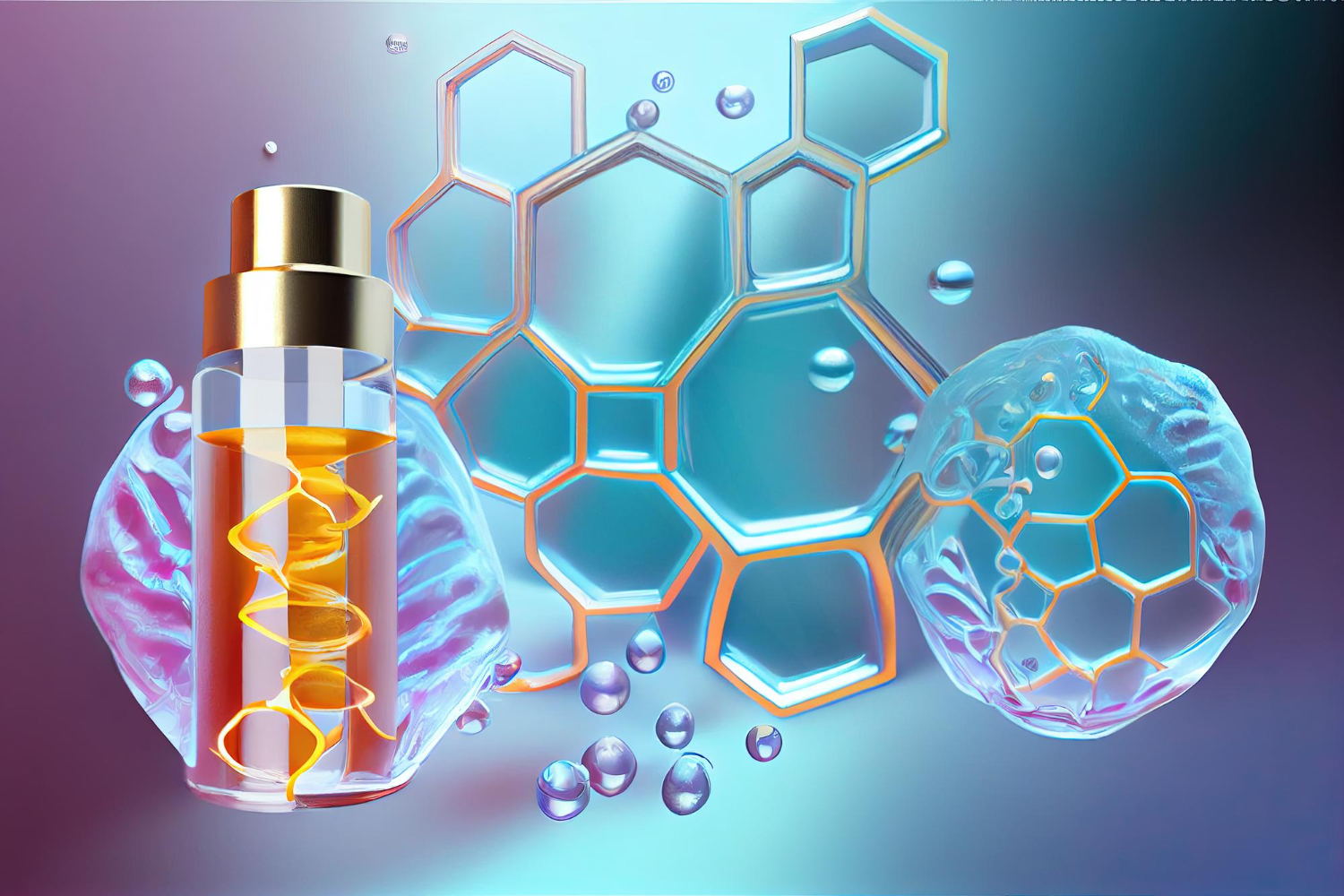Marine collagen is gaining attention as a popular supplement known for its potential health benefits. This type of collagen is derived from fish skin and offers a different profile compared to traditional bovine collagen. It may support skin health, joint function, and overall vitality, making it an appealing option for those seeking to enhance their well-being.
Many people are curious about how marine collagen works and its effectiveness for various health concerns. Research suggests it may help improve skin elasticity and reduce signs of aging, making it a common choice for beauty and wellness routines. As interest continues to grow, understanding its benefits and sourcing becomes essential for making informed choices.
For those interested in sustainable health options, marine collagen also presents an ethical consideration in its production. With responsible sourcing practices, it offers a way to benefit from collagen without exacerbating environmental concerns.
What Is Marine Collagen?
Marine collagen is a specific type of collagen derived primarily from fish skin and scales. It is known for its potential benefits for skin health and joint support. This protein supplement has gained popularity due to its unique sources and composition.
Sources of Marine Collagen
Marine collagen comes from fish, particularly the skin, scales, and bones. Common fish used include:
- Cod
- Salmon
- Mackerel
The extraction process involves cleaning the fish parts to remove impurities, then hydrolyzing the collagen. This involves breaking it down into smaller peptides that are easier for the body to absorb. Comparing to bovine collagen, which comes from cows, marine collagen is often considered more sustainable. It also tends to be less allergenic for many people.
Composition and Types
Marine collagen is primarily made up of amino acids, which are the building blocks of proteins. The most abundant amino acids in marine collagen include:
- Glycine
- Proline
- Hydroxyproline
These amino acids are crucial for maintaining skin elasticity and hydration. Marine collagen can be found in different forms, such as:
- Hydrolyzed Collagen: Small peptides for easy absorption.
- Collagen Peptides: Specifically designed for various health benefits, including skin and joints.
The smaller peptide size in marine collagen is believed to enhance its bioavailability, meaning the body can use it more effectively. This makes it a suitable choice for those seeking support for skin health and reducing signs of aging.
Health Benefits
Marine collagen offers several significant health benefits. It can enhance skin health, support joint and bone function, and contribute to muscle mass and heart health.
Skin Health and Anti-Aging Properties
Marine collagen is known for its positive effects on skin. It can help improve skin elasticity, hydration, and overall appearance. As people age, collagen levels decrease, leading to wrinkles and sagging skin. Studies suggest that marine collagen supplementation may boost skin moisture and reduce the appearance of fine lines.
In addition, marine collagen can promote the production of new skin cells. This can help repair damaged skin and maintain a youthful look. The amino acids in marine collagen, such as glycine and proline, play an important role in forming skin proteins, resulting in a healthier complexion.
Joint and Bone Support
Marine collagen may support joint health by maintaining cartilage structure and integrity. Cartilage is essential for joint movement and helps reduce friction between bones. Some studies indicate that taking marine collagen can decrease joint pain, which may benefit those with arthritis or active lifestyles.
In terms of bone health, marine collagen can aid in mineral absorption. It does not contain minerals like calcium but may help the body absorb them more effectively. This support is vital for maintaining bone density and strength, especially as individuals age.
Promotion of Muscle Mass and Heart Health
Research shows that marine collagen can promote muscle mass and strength. It contains essential amino acids that are critical for muscle repair and growth. This makes it a beneficial option for athletes or those looking to increase their physical activity.
Regarding heart health, marine collagen can support the structure of blood vessels. It helps maintain the strength and elasticity of these vessels. By promoting healthier arteries, marine collagen may contribute to better cardiovascular function. This is an important factor for overall health and well-being.
Comparative Analysis
Marine collagen and bovine collagen are popular sources used in various applications, particularly in health and cosmetics. Understanding their differences helps in choosing the right type for specific needs.
Marine vs. Bovine Collagen
Marine collagen is sourced from fish skin and scales, while bovine collagen comes from cattle hides and bones. Major differences include:
- Source: Marine collagen is non-mammalian, making it a suitable option for those with dietary restrictions on beef.
- Composition: Marine collagen typically has a higher concentration of certain amino acids, such as glycine and proline, which can be beneficial for skin health.
- Purity: Marine collagen usually contains fewer impurities compared to bovine collagen, which can result in a cleaner product.
These distinctions are significant for individuals looking for specific health benefits, such as improved skin elasticity or joint support.
Absorption Efficacy
Absorption rates can vary between marine and bovine collagen. Research indicates that marine collagen may offer faster absorption due to its smaller peptide size.
Key factors impacting absorption:
- Peptide Size: Smaller peptides from marine collagen can be absorbed more easily into the bloodstream.
- Bioavailability: Marine collagen has shown higher bioavailability, which means the body can utilize it more efficiently.
In practical terms, this means that users may see results from marine collagen supplements sooner than with bovine collagen. Factors like individual metabolism also play a role in absorption rates.
Sustainable Practices and Ethical Considerations
Marine collagen is gaining attention due to its potential for sustainable sourcing. Unlike some land-based sources, marine organisms can offer high collagen content without contributing to significant habitat loss.
Key Sustainable Practices:
- Utilizing By-Catch: Many marine collagens are derived from by-catch species, which are often discarded. Using these organisms reduces waste and promotes sustainability.
- Sustainable Fishing: Ethical sourcing practices ensure that marine collagen comes from fisheries that are managed sustainably. This helps protect marine ecosystems.
- Alternative Materials: Researchers are finding ways to extract collagen from jellyfish, starfish, and sponges, which are less impacted by overfishing.
Ethical Considerations:
- Impact on Marine Life: It’s crucial to assess how harvesting impacts the populations of marine organisms.
- Local Communities: Sustainable practices should support local fishing communities rather than harm their livelihoods.
- Regulations: Compliance with local and international regulations ensures that sourcing is not only ethical but responsible.
By focusing on these practices, the industry can provide collagen that meets consumer demands while also being mindful of environmental and social effects.














